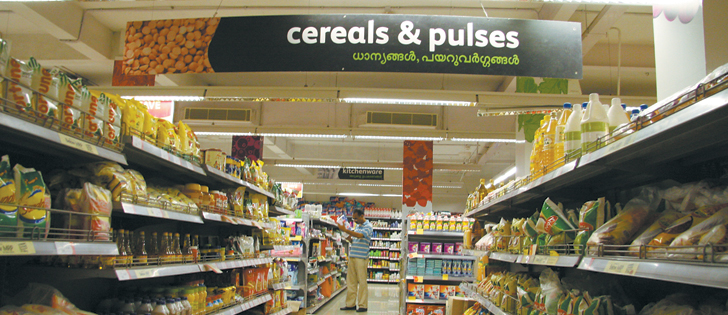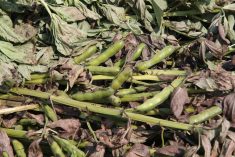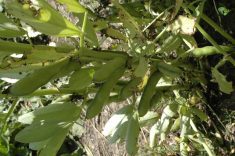Canadian pulse exports to India won’t incur higher fumigation charges.
The Asian country had extended its fumigation exemption last week, saying exports leaving Canada on or before Sept.30 would not require fumigation.
However, the June 29 announcement sparked concerns over possible added fees that Canadian exporters might incur because it had said pulses that were shipped under the exemption but not fumigated would be charged five times the usual fee for fumigation at Indian ports.
“India had last week issued another exemption for another kind of category for fumigation of methyl bromide for pulses entering the country, which did outline that if they want to import pulses with that exception, it would cost; there’d be certain fees associated with it,” said Oliver Anderson, communications adviser at Agriculture Canada.
Read Also

Farming Smarter receives financial boost from Alberta government for potato research
Farming Smarter near Lethbridge got a boost to its research equipment, thanks to the Alberta government’s increase in funding for research associations.
Anderson said the situation has since been clarified and Canadian pulse exporters won’t be charged fumigation fees.
“This is without fees,” he said.
India requires methyl bromide fumigation to guard against nematode pests from gaining a foothold in the country.
Canada is trying to phase out the use of methyl bromide because it is classified as an ozone-depleting substance and the treatment prescribed doesn’t work in cold temperatures.
As well, the nematode pests that India is concerned about don’t exist here and other pests are controlled by the cold weather so no fumigation is necessary.
A news release issued by the federal government said Canada continues to work toward a long-term solution.
India buys one-third of Canadian peas and lentils worth about $1.1 billion last year.

















